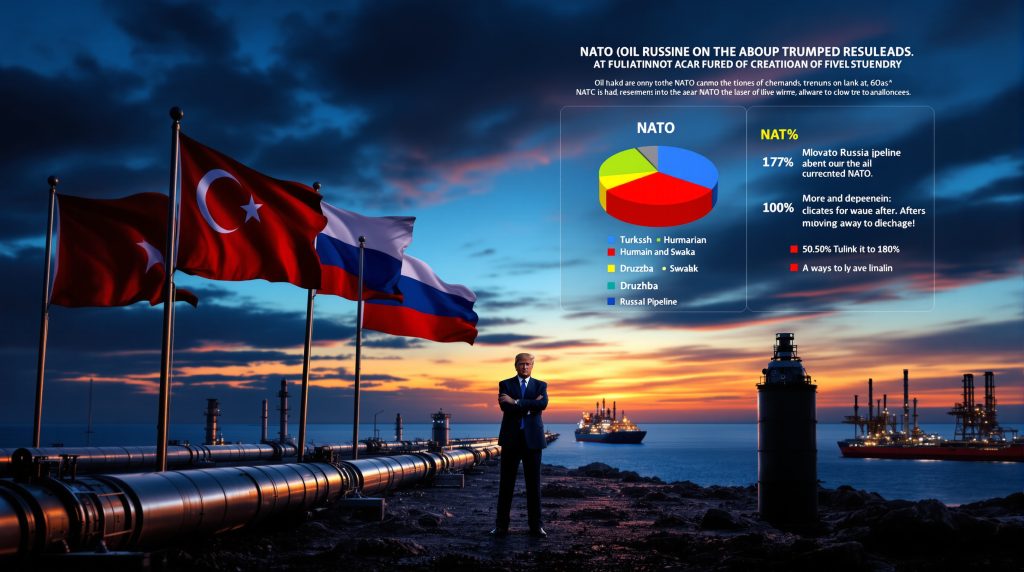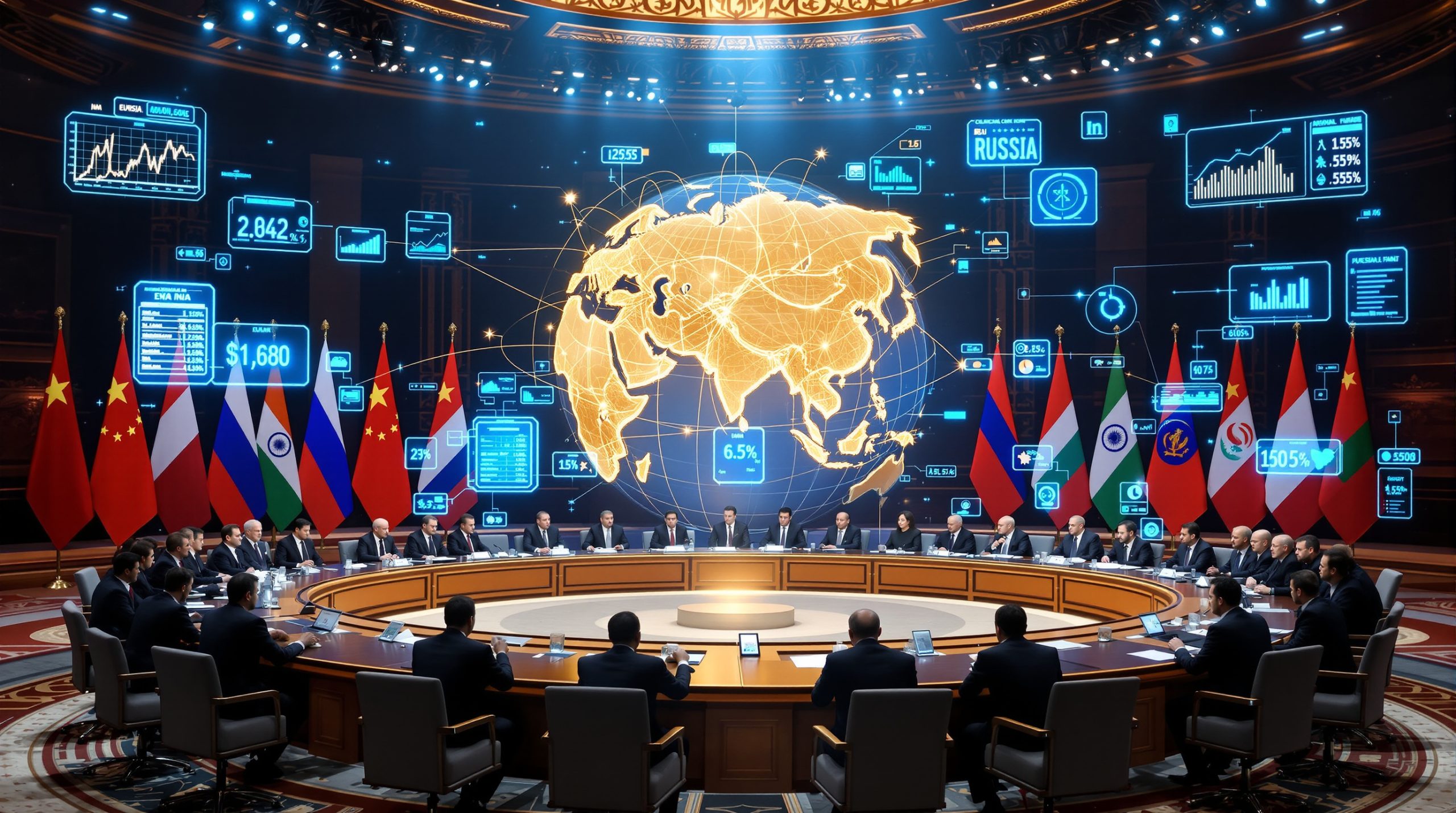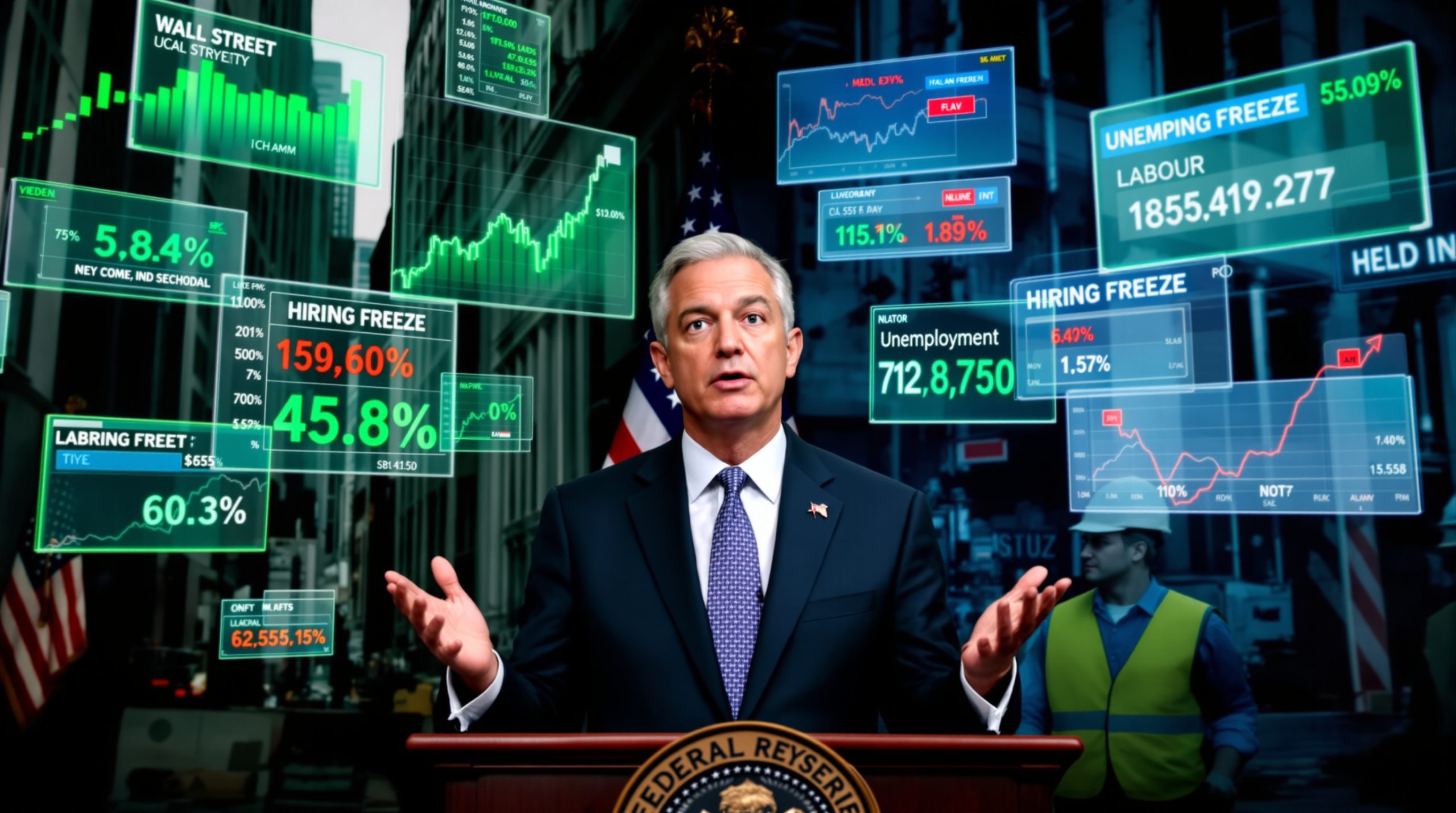How Dependent Are NATO Countries on Russian Oil?
Despite years of sanctions and diversification efforts, several NATO members continue to rely on Russian oil imports, creating strategic vulnerabilities and policy challenges. This dependence varies significantly across the alliance, with some nations having completely eliminated Russian energy imports while others maintain substantial trade relationships with Moscow.
Current State of NATO's Russian Oil Imports
Three NATO members—Turkey, Hungary, and Slovakia—remain particularly dependent on Russian crude oil. These countries face unique geographical, infrastructure, and economic constraints that have complicated their efforts to diversify energy sources.
| NATO Member | Russian Oil Dependence | Key Challenges |
|---|---|---|
| Turkey | Largest NATO importer of Russian oil | Heavy reliance on discounted prices; some refineries receive 90% of crude from Russia |
| Hungary | Significant pipeline dependence | Relies on Druzhba pipeline; claims limited alternatives |
| Slovakia | High pipeline dependence | Similar infrastructure constraints as Hungary |
Why Is Turkey Still Buying Russian Oil?
Turkey stands out as particularly significant in the NATO-Russia energy relationship. As the third-largest global importer of Russian oil, Turkey's continued purchases provide Moscow with substantial revenue despite Western sanctions.
Economic Factors Driving Turkish Imports
Turkey's position is primarily driven by economic considerations:
- Price advantages: Russian oil sells at significant discounts compared to global market prices
- Refining economics: Turkey processes Russian crude and sells refined products to European markets at a profit
- Infrastructure alignment: Turkish refineries are optimized for Russian crude specifications
- Limited alternatives: Immediate replacement of Russian volumes would require significant infrastructure investments
The Turkish case illustrates how economic pragmatism often competes with strategic alliance considerations, creating tensions within NATO's unified approach to Russia.
What Are Hungary and Slovakia's Energy Security Challenges?
Both Hungary and Slovakia have repeatedly cited their dependence on the Druzhba pipeline system as justification for continued Russian oil imports.
Infrastructure Limitations and Political Considerations
These Central European nations face several constraints:
- Pipeline dependency: Both countries receive Russian oil via the Soviet-era Druzhba ("Friendship") pipeline
- Supply disruption concerns: When Ukrainian strikes damaged the pipeline in August, Hungarian Foreign Minister Peter Szijjártó warned that "oil supply to Hungary and Slovakia will also become impossible"
- Political alignment: Hungary's government under Viktor Orbán has maintained closer ties with Moscow than most NATO members
- Cost concerns: Alternative supply routes would likely increase energy costs for consumers
Energy analysts note that technical solutions exist but require political will. The Adria pipeline through Croatia offers a viable alternative supply route, though at potentially higher costs.
How Have Other NATO Members Reduced Russian Oil Dependence?
Several NATO countries have successfully eliminated or dramatically reduced their reliance on Russian energy since 2022, providing potential models for the remaining dependent members.
Success Stories in Energy Diversification
- Czech Republic: Fully divested from Russian oil supplies in early 2025, fulfilling a commitment made shortly after Russia's 2022 invasion of Ukraine
- Poland: Rapidly diversified suppliers and expanded LNG import capacity
- Baltic states: Leveraged regional cooperation to reduce collective dependence
- Western European NATO members: Largely eliminated direct Russian oil imports through coordinated EU sanctions
These examples demonstrate that with sufficient political determination and investment, energy independence from Russia is achievable even for countries with historically high dependence.
What Is Trump's Position on NATO's Russian Oil Imports?
Former U.S. President Donald Trump has taken a strong stance on NATO's continued energy relationship with Russia, linking it directly to broader security considerations and sanctions policy.
Trump's Demands and Strategic Approach
Trump has:
- Called for all NATO nations to immediately cease Russian oil imports
- Suggested U.S. sanctions on Russia could be strengthened if NATO members comply
- Proposed 50-100% tariffs on China to punish its support for Russia's war effort
- Indicated potential secondary sanctions on countries that continue trading with Russia
The potential Trump tariff impact represents a significant escalation in pressure on NATO allies to align their energy policies with broader alliance security objectives, though implementation faces numerous challenges.
How Would Ending NATO Oil Imports Impact Russia's Economy?
Completely cutting off Russian oil exports to NATO countries would deliver a substantial blow to Moscow's war financing capabilities, though the impact would be mitigated by Russia's ability to redirect exports.
Economic Impact Assessment
- Revenue reduction: Russia would lose significant income from Turkey, its third-largest oil customer
- Price pressure: Russia would likely need to offer even deeper discounts to non-NATO buyers to redirect volumes
- Refining challenges: Russia's refined product exports to Turkey would be particularly difficult to redirect
- Long-term fiscal strain: The cumulative effect would further strain Russia's war-financing capabilities
While not catastrophic for Russia's economy in isolation, eliminating NATO oil purchases would represent another significant constraint on Moscow's ability to sustain its military operations. Additionally, recent OPEC production impact decisions have already added pressure to global oil markets.
What Are the Practical Challenges of Implementing a Full NATO Oil Ban?
Despite the strategic benefits, immediately cutting all Russian oil imports to NATO countries faces significant practical obstacles that cannot be easily overcome.
Implementation Hurdles
- Infrastructure limitations: Alternative supply routes require physical pipeline connections that take time to build
- Refinery configurations: Many facilities are optimized for specific crude qualities and require technical adjustments
- Contract obligations: Existing long-term supply agreements include financial penalties for early termination
- Price implications: Alternative suppliers may charge premiums, increasing energy costs for consumers
- Political resistance: Energy security concerns create domestic political challenges for leaders
These practical considerations explain why, despite broad agreement on reducing Russian energy dependence, implementation has been uneven across NATO. Furthermore, the debate about Alaska oil policy shift shows how complex energy security decisions can become.
How Does Russian Oil Dependence Affect NATO's Strategic Posture?
Continued energy ties between NATO members and Russia create strategic vulnerabilities that potentially undermine the alliance's unified approach to European security.
Strategic Implications
- Policy leverage: Energy dependence gives Moscow influence over certain NATO members' decision-making
- Alliance cohesion: Divergent energy relationships create tensions within NATO
- Sanctions effectiveness: Ongoing oil purchases undermine the impact of broader economic measures
- Diplomatic credibility: Continued trade weakens NATO's moral authority when criticizing third countries for similar trade
The strategic contradictions of NATO members financing Russia through energy purchases while simultaneously supporting Ukraine militarily create both practical and ethical challenges for the alliance.
What Are the EU's Plans for Ending Russian Energy Dependence?
The European Union, which includes most NATO members, has established a concrete timeline for eliminating Russian energy imports, though with some exceptions.
EU Energy Independence Roadmap
- 2027 target date: The EU has set a goal of eliminating Russian energy imports by 2027
- Internal market rules: This approach prevents individual member states from vetoing the policy
- Transition assistance: Financial support mechanisms help cushion economic impacts
- Infrastructure investments: Significant funding for alternative import facilities and interconnections
- Renewable acceleration: Parallel push to reduce fossil fuel dependence overall
The EU approach recognizes the need for a managed transition rather than an abrupt cutoff, balancing security imperatives with economic realities. Market analysts are also tracking potential oil price stagnation as a result of these policy shifts.
How Could NATO Countries Accelerate Russian Oil Import Reductions?
Several policy options could help accelerate the elimination of remaining Russian oil imports to NATO countries without creating undue economic hardship.
Potential Acceleration Strategies
- Coordinated purchasing: Joint procurement of alternative supplies to increase bargaining power
- Strategic reserve sharing: Temporary access to other members' reserves during transition
- Infrastructure prioritization: Fast-tracking critical pipeline and terminal projects
- Targeted financial support: Assistance for consumers and industries most affected by higher costs
- Diplomatic engagement: Coordinated approach to securing alternative supplies from global producers
These measures could help bridge the gap between security imperatives and economic realities, facilitating a faster transition away from Russian energy. Traders are closely monitoring WTI & Brent futures for signals of how these policies might affect global markets.
FAQ: NATO's Russian Oil Dependence
Which NATO country imports the most Russian oil?
Turkey is currently the largest NATO importer of Russian oil and ranks as the third-largest global buyer of Russian crude. Some Turkish refineries receive up to 90% of their crude oil from Russia.
Could Hungary and Slovakia immediately stop Russian oil imports?
While technically possible through alternative routes like the Adria pipeline through Croatia, an immediate halt would likely cause short-term supply disruptions and price increases. A managed transition over 12-24 months would be more realistic.
How much does Russia earn from oil sales to NATO countries?
While precise figures fluctuate with oil prices and volumes, Russian oil exports to the three NATO members (Turkey, Hungary, and Slovakia) generate billions of dollars annually in revenue that indirectly supports Moscow's military capabilities.
Has NATO formally committed to ending Russian oil imports?
NATO as an organization has not established a formal timeline for members to end Russian oil imports, though the European Union (which includes most NATO members) has set a 2027 target date for eliminating Russian energy imports.
How would ending NATO oil imports affect global oil prices?
The immediate impact would likely be minimal as the volumes involved represent a small percentage of global oil trade. However, regional price effects could be more significant, particularly in Central Europe and Turkey.
Further Exploration:
Readers interested in learning more about NATO's energy security challenges can also explore related educational content from OilPrice.com, which offers additional perspectives on this complex geopolitical issue. The BBC's analysis also provides valuable context on how these energy dependencies affect international relations.
Want to Stay Ahead of the Next Major Mineral Discovery?
Discovery Alert's proprietary Discovery IQ model delivers instant notifications on significant ASX mineral discoveries, providing you with actionable insights before the broader market. Explore how historic discoveries can generate substantial returns by visiting our dedicated discoveries page and begin your 30-day free trial today.




